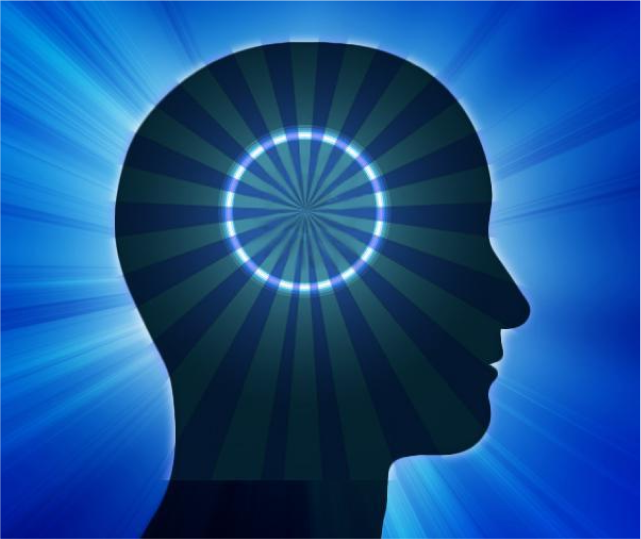
What is Hypnotherapy?
Hypnotherapy is a therapeutic practice that uses hypnosis to help individuals make positive changes in their thoughts, behaviors, and emotions. It combines the relaxed and focused state of hypnosis with therapeutic techniques to address a wide range of issues, from managing stress, and anxiety to breaking unhealthy habits.
BENEFITS:
Stress and Anxiety Reduction
Improved Focus and Concentration
Breaking Unhealthy Habits (e.g., smoking overeating)
Enhanced Emotional Well-being
Overcoming Fears and Phobias
Boosted Self-confidence and Self-esteem
Pain Management
Improved Sleep
Support in Healing Past Trauma and Triggers
Facilitation of Personal Growth and Change
TECHNIQUES
Progressive Relaxation
Guided Imagery
Direct Suggestion
Regression Therapy
Anchoring Techniques
Ericksonian Techniques
Visualization and Future Pacing
Mindfulness Hypnosis
Parts Therapy
Hypnotherapy is a therapeutic technique that utilizes hypnosis to help individuals achieve specific goals and address various issues. By inducing a state of deep relaxation and focused attention, hypnotherapy aims to create positive changes in thought patterns and behaviors.
Uses of Hypnotherapy?
Hypnosis can be applied in various areas for therapeutic and improvement purposes:
In summary, Hypnotherapy affects the brain by guiding it into a state of heightened focus and receptivity, allowing for positive change at the subconscious level. It works by bypassing the conscious mind’s critical filter, enabling lasting behavioral and emotional transformation.
HOW DOES HYPNOTHERAPY AFFECT THE BRAIN:
Hypnotherapy influences the brain by guiding it into a relaxed, focused state, where the subconscious mind becomes more accessible. In this state, brain wave activity slows down, shifting from the beta waves (associated with active thinking) into alpha and theta waves, which are more relaxed and often linked to deep relaxation, creativity, and daydreaming. This allows the brain to become more open to suggestion and change, making it easier to modify behaviors, address emotional issues, or relieve stress.
THE SCIENCE BEHIND HOW IT WORKS:
Increased Focus and Reduced Critical Thinking – During hypnotherapy, the conscious mind – the part responsible for critical thinking and decision-making – takes a backseat. This allows the subconscious mind, where deeply ingrained habits and emotions reside, to become more receptive to positive suggestions.

The relaxation of the conscious mind creates a mental state where new ideas and behaviors can be introduced without resistance.
Activation of Brain Regions Associated with Relaxation and Control – Studies using brain scans have shown that certain areas of the brain, articularly the prefrontal cortex (responsible for decision-making and focus) and the anterior cingulate cortex (linked to emotional regulation and self-control), are more active during hypnosis. This combination helps individuals become more focused and relaxed while gaining better control over their behaviors and emotions.
Dissociation from Pain and Negative Emotions – Hypnotherapy can also alter how the brain processes pain or negative emotions. By redirecting focus and changing how the brian interprets signals, clients can experience discomfort or distress. Hypnotherapy has been shown to reduce activity in the brain’s pain centers, offering relief for conditions like chronic pain or anxiety.
Rewiring Thought Patterns – Since the Brain is more flexible during hypnosis, hypnotherapy can create new neural pathways by reinforcing positive suggestions. Repeated sessions can help reduce thought patterns or habits with healthier ones, effectively “rewiring” the brain for lasting change.
Book Your
Appointment Today
Love Is Waiting on you!
We love our clients, so feel free to visit during normal business hours Monday – Thursday
Contact us
706-616-5924
All Hours are Eastern Standard Time
Open today
10:00 am – 04:00 pm
